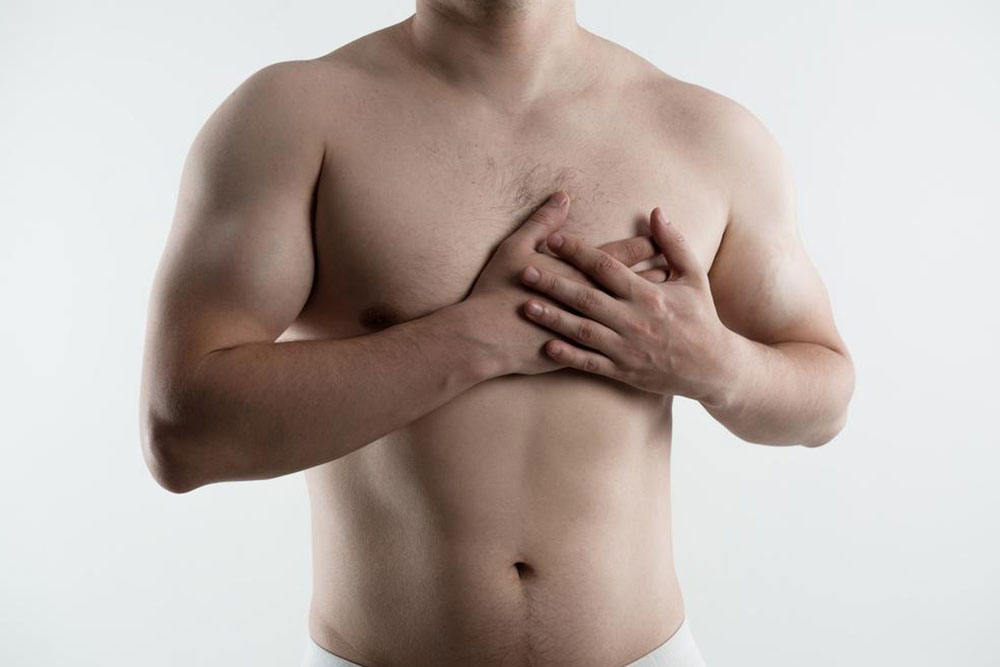Comprehensive Overview of Heart Valve Disorders
Discover essential information about heart valve diseases, including their function, causes, symptoms, and treatment options. Learn how these conditions affect heart health and what to watch for. Early diagnosis and medical intervention can significantly improve outcomes, making awareness crucial for overall cardiovascular well-being.

Heart valves are vital components of the circulatory system, responsible for controlling blood flow within the heart. When these valves encounter issues, they can lead to serious health conditions requiring medical attention. Understanding how heart valves function, common disorders, their causes, signs, and treatment options is essential for managing these conditions effectively.
How Heart Valves Work
Located inside the heart chambers, heart valves are thin tissue flaps that open and close with each heartbeat. Their main role is to ensure unidirectional blood flow, preventing backflow and maintaining efficient circulation. The four main valves are the aortic, mitral, pulmonary, and tricuspid valves.
Types of Valve Disorders
Common issues include regurgitation, where blood leaks backward due to improper valve closure; stenosis, which involves narrowing of the valve restricting blood flow; and atresia, where a valve is either absent or completely closed, blocking blood passage. Depending on which valves are affected, heart function may be compromised.
Causes of Heart Valve Problems
Valvular heart disease can result from genetic factors, where congenital abnormalities affect valve structure or function. Inflammatory conditions like rheumatic fever, infections, or damage from radiation therapy can also harm valves. Age-related degeneration, such as thickening or stiffening, along with coronary artery disease, heart attacks, and high cholesterol, can contribute as well. Regular check-ups are crucial for early detection and management to prevent complications. Treatment options may include surgery for repair or replacement of damaged valves.
Symptoms of Valve Disease
Many times, valve issues remain unnoticed until symptoms develop, which can include chest pain, irregular or rapid heartbeat, shortness of breath, swelling in the abdomen, feet, or ankles, fatigue, dizziness, or light-headedness. Recognizing these signs early helps in timely treatment.
Available Treatments
Severe valve problems often require surgical intervention. For valves that are severely leaky or narrowed, replacing the valve with an artificial or biological prosthesis is common. Mechanical valves last longer but may require blood-thinning medications, whereas biological valves have a shorter lifespan but typically do not require lifelong anticoagulation. The prognosis varies depending on overall health, age, and the specific condition.
Post-Surgery Recovery
Hospital stays typically last five to seven days, with careful monitoring of heart function, blood pressure, and breathing. Minimally invasive procedures can reduce recovery time. Full recovery may take several months, during which following medical advice is vital to prevent infection and ensure proper healing. Any signs of infection or unusual symptoms should prompt immediate medical consultation.
Note:
Our website provides informative content across various health topics. While our research aims to deliver accurate insights, it should not replace professional medical advice. Consult healthcare providers for personalized diagnosis and treatment plans. We do not assume responsibility for discrepancies or data inaccuracies across other sources.










